How Children are Vaccinated in Mobile Health Units
Mobile clinics can be designed to offer a wide range of services, from basic check-ups to small procedures. Some mobile medical units offer...
4 min read
Craftsmen Industries Oct 30, 2023 9:55:00 AM
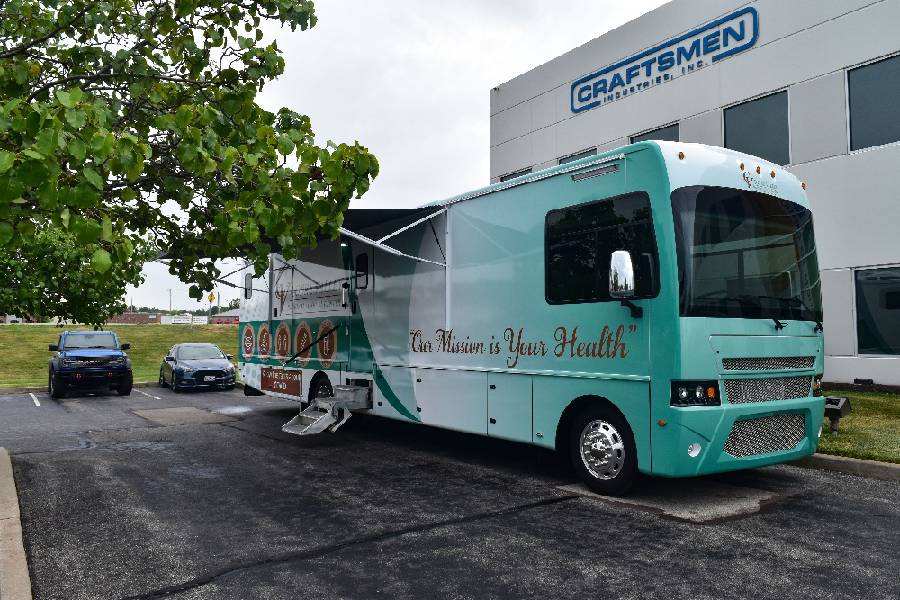
In modern healthcare settings, providing accessible and quality care to underprivileged populations is a constant challenge. Mobile healthcare units, like medical vans, are a great solution to deliver medical services to people in need. Now, do traveling nurses work in mobile healthcare units?
This article explores the role of traveling nurses and the importance of nursing services. Stay tuned to learn more about this topic!
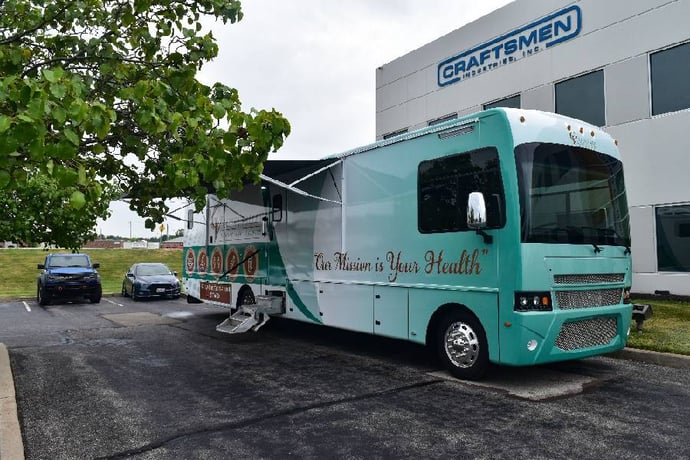
Source: craftsmenind.com
Traveling nurses may work in almost all nurse specialties and fill in roles in understaffed healthcare settings, including mobile healthcare units.
Mobile healthcare units are fundamental in bridging the gap between underserved communities and access to healthcare services. Many remote areas lack proper infrastructure, have limited transportation options, or face other challenges. So, mobile healthcare units are designed to address these obstacles by bringing medical professionals and services to these communities.
Mobile clinics can be equipped to offer almost any healthcare service. Medical coaches also serve as an additional space for overcrowded hospitals and clinics. That is why our team at Craftsmen offers affordable medical coaches. We believe that we can contribute to the medical industry and help patients.
Is it common for traveling nurses to work in mobile healthcare units? Yes, it is common, and they can work in different units. Let’s see what types of mobile healthcare units they can work in.
Traveling nurses are an integral part of mobile clinics. These clinics are commonly set up in rural or underserved areas lacking healthcare facilities.
Traveling nurses are responsible for conducting health screenings, monitoring vital signs, administering vaccinations or treatment, providing health education, and performing nursing interventions. They must cooperate with other healthcare professionals to properly care for patients.
Traveling nurses may also work as mobile coaches. These mobile healthcare units are beneficial in emergencies, disaster situations, or when there is a need for additional healthcare resources.
Traveling nurses in mobile coaches work with physicians, technicians, and other mobile medical staff to deliver urgent care, stabilize patients, and provide appropriate initial treatment. These nurses need to be flexible and quickly make decisions to adapt to challenging circumstances.
A medical vehicle is a specialized vehicle equipped with medical equipment and supplies. Mobile vans provide medical help for those unable to access a health center or hospital due to lack of transportation, mobility issues, financial or language barriers, etc.
Traveling nurses in medical vans are responsible for providing primary care, health screenings, vaccinations, wound care, and more. They often conduct health promotion initiatives, like preventive health education and disease management programs.
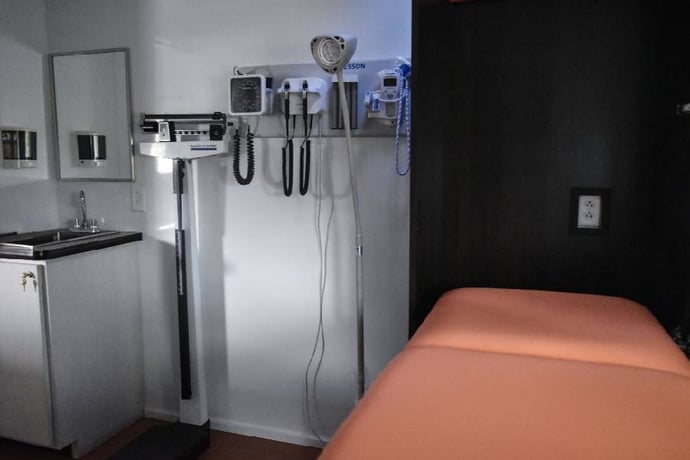
Source: craftsmenind.com
To be a traveling nurse working in a mobile healthcare unit, one needs to have a high degree of flexibility and adaptability. Traveling nurses may be assigned to different locations as part of their rotation. This rotation ensures that healthcare services are available in different areas and allows nurses to gain diverse experience.
The average travel nurse assignment often lasts 13 weeks. However, that’s just the average timeframe. Some assignments might last 26 weeks, while others can last only four weeks.
Travel nurses in mobile clinics can establish rapport with local communities and understand their health issues and needs. Rotation in mobile clinics helps nurses adapt to delivering care with limited resources.
In hospital-based mobile units, traveling nurses may rotate to locations requiring immediate medical attention. Rapid deployment and quick response times are crucial in such situations.
Depending on the mobile healthcare unit's planned schedule, rotation in medical vans may include many communities or target populations. Nurses in medical vans must efficiently manage limited space, resources, and time while delivering healthcare services.
Regular rotation exposes nurses to different healthcare challenges and population demographics.
Other skills traveling nurses need to possess are:
A nursing service is essential in ensuring the success and effectiveness of mobile healthcare units. They contribute to:
Traveling nurses provide compassionate and comprehensive care to patients in mobile healthcare units. They are responsible for health assessments, interventions, education, and preventive care. So, nurses address the emotional, physical, and psychological aspects of a patient's well-being.
Traveling nurses make long-term relationships with communities by being part of a regular medical team rotation, promoting trust and continuous care. This allows ongoing monitoring and follow-up on patients' health, leading to better results.
Nurses play an important role in health promotion and education within mobile healthcare units. They deliver vital information about disease prevention, healthy lifestyle choices, and self-management strategies to empower individuals to lead healthy lives.
Travel nursing is one of the most flexible careers for registered nurses. Traveling nurses may choose where and when to work. Moreover, although traveling nurses’ contracts last for a maximum of 13 weeks, they might be extended if both parties agree.
If you are a person who loves to travel and experience new cities or states, a travel nursing career might be a good option for you. Traveling nurses can experience different mobile healthcare units, work with different teams, and explore different locations.
Another advantage of being a traveling nurse is meeting new people every assignment. Besides making friendships with colleagues or patients, you may also get in touch with someone professionally.
Traveling nurses may build their resume by working in different healthcare settings and specialties. They may learn new skills every assignment, get advice from different mentors, and work with different populations.
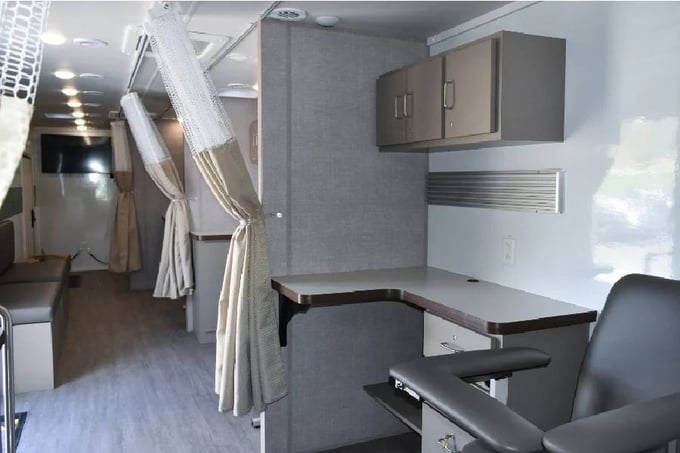
Source: craftsmenind.com
This nurse specialty is always in high demand. Emergency nursing is a job in a fast-paced setting. Emergency nurses must care for critically ill patients or patients with trauma. Emergency nurses must be calm and possess strong clinical skills.
ICU nurses must care for patients with life-threatening conditions or injuries. So, this is a challenging specialty that requires nurses who can adapt to changes quickly and manage stress.
These nurses care for patients who do not require intensive care but are still not ready to leave the hospital. The progressive care unit usually admits patients recovering from surgeries or with chronic health conditions.
Telemetry travel nurses monitor patients’ vital signals and heart rhythms. For example, they monitor patients recovering from cardiac surgeries. These nurses also help doctors with procedures and give medications to patients when needed.
Labor and delivery travel nurses assist mothers during the delivery or assist doctors during a Cesarean section. They also provide prepartum and postpartum care and instructions on how to care for a newborn.
So, do traveling nurses work in mobile healthcare units? Traveling nurses are essential members of mobile healthcare units. They work in mobile clinics, hospitals, and medical vans. Their work is needed to provide healthcare services to underserved populations.
By supporting primary care, emergency care, and health education initiatives, traveling nurses contribute to improving the health and well-being of underserved communities. So, if you require affordable medical couches, feel free to contact us - Craftsmen!
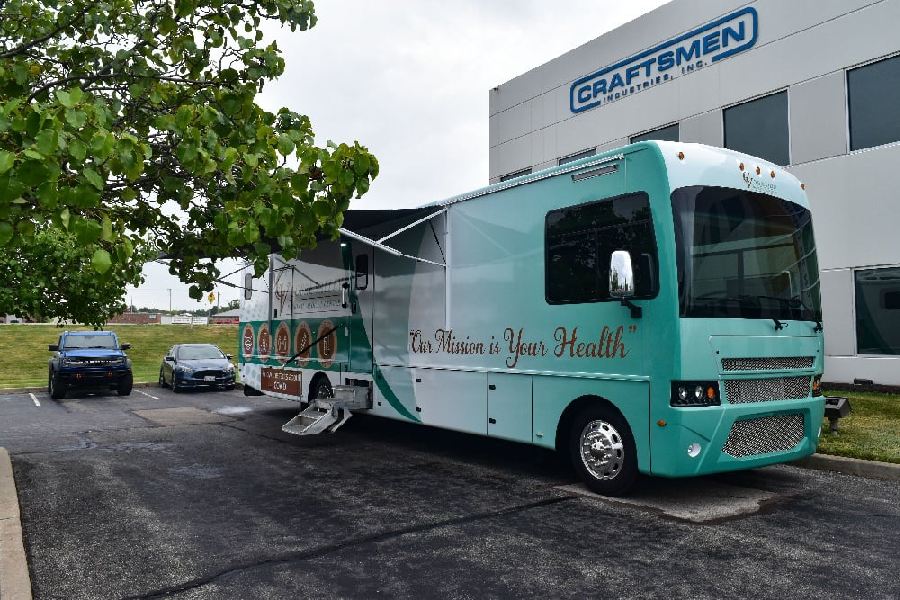
Mobile clinics can be designed to offer a wide range of services, from basic check-ups to small procedures. Some mobile medical units offer...
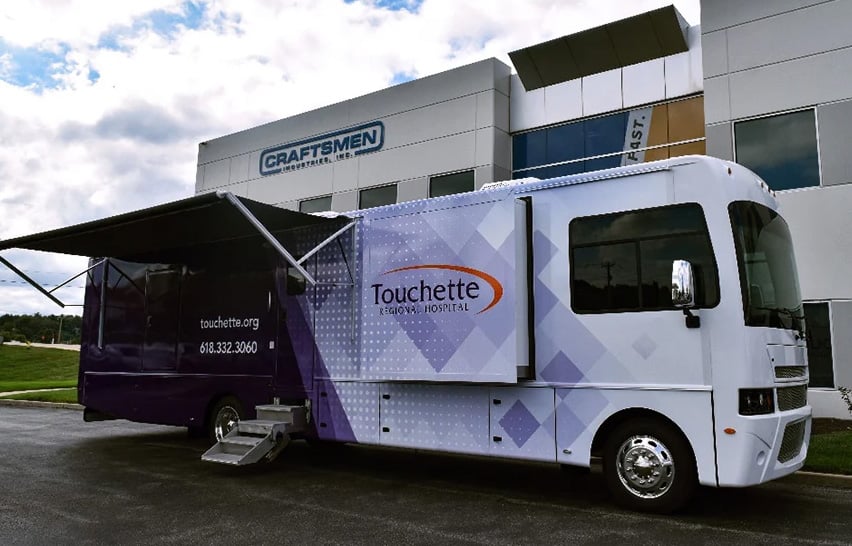
In recent years, U.S. healthcare has significantly improved with the introduction of mobile clinics. Thanks to mobile services, medical personnel can...
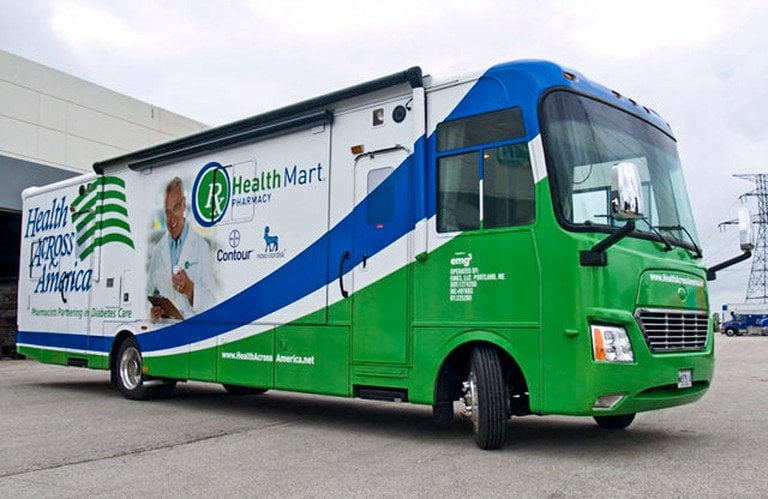
Mobile units specialize in many fields of medicine, providing easily accessible healthcare to a broader target group. But do mobile medical units...